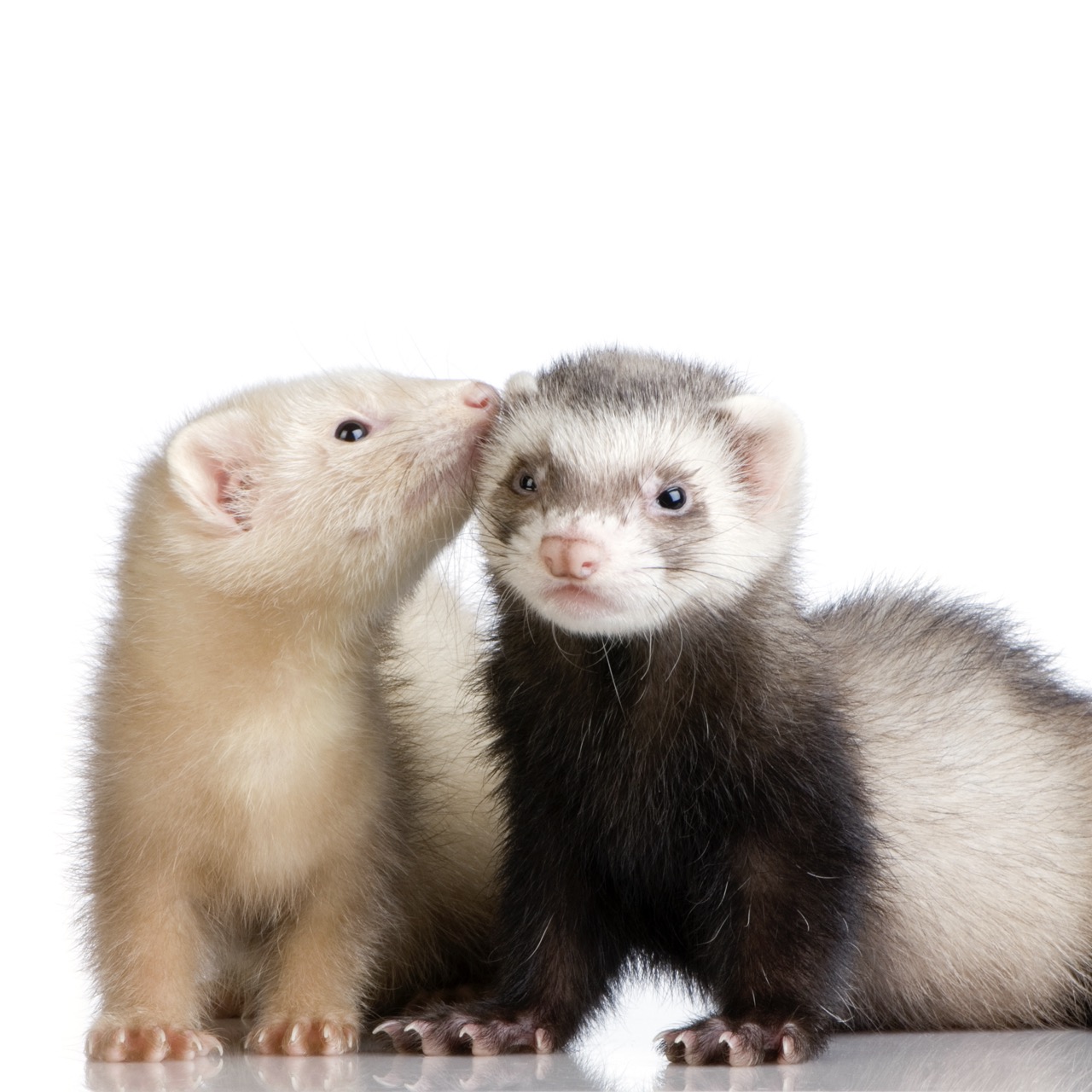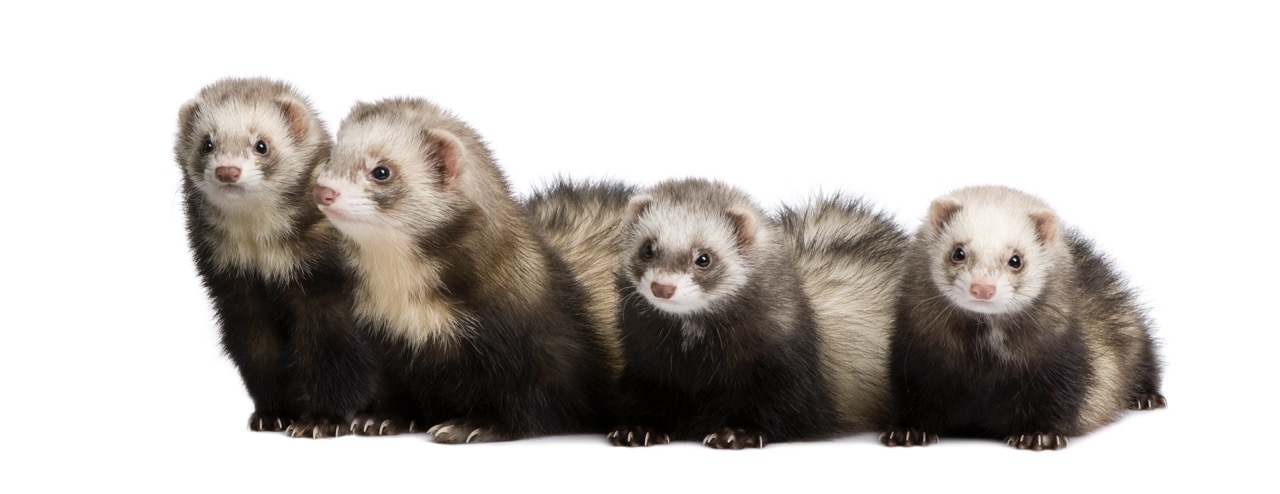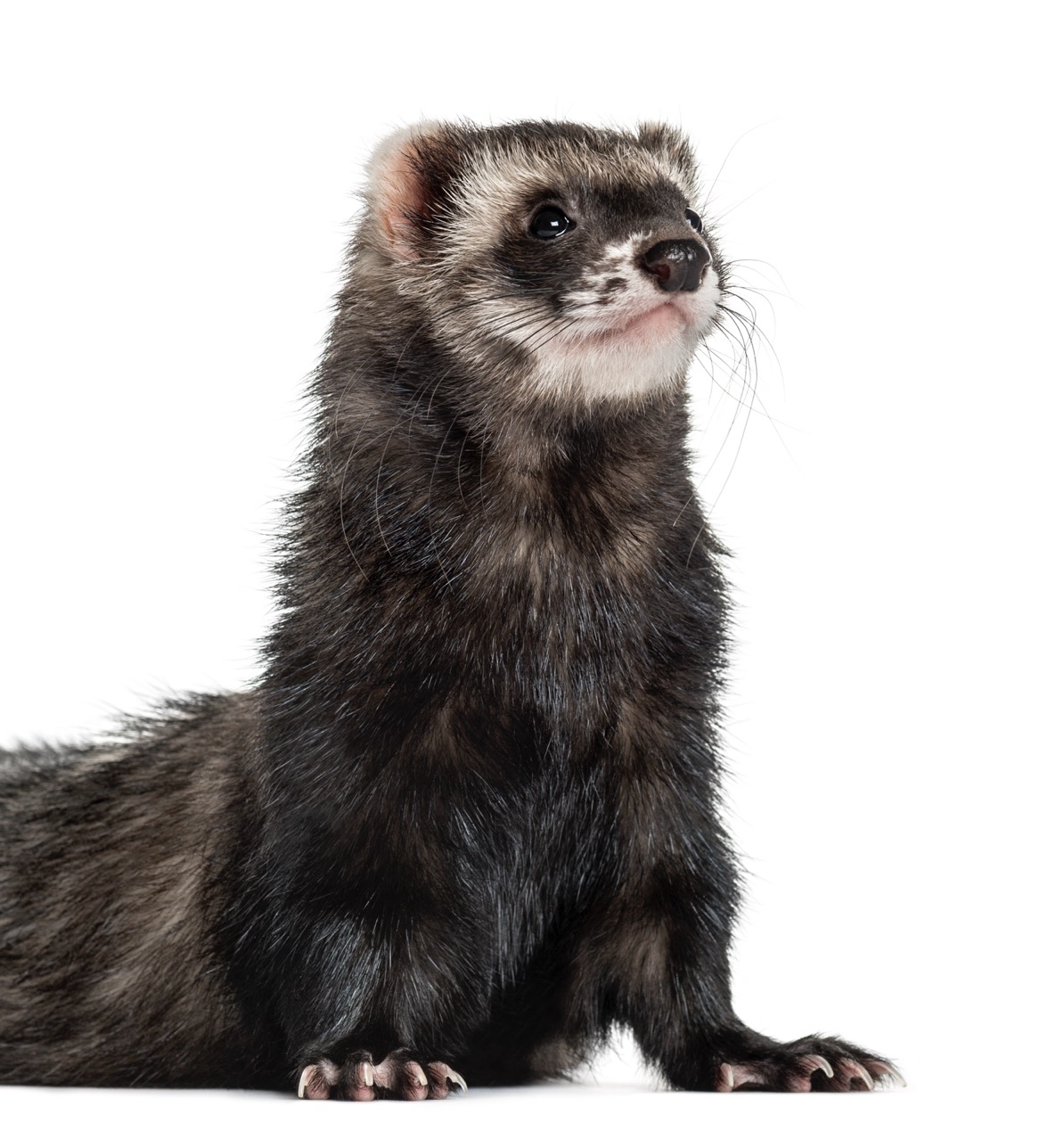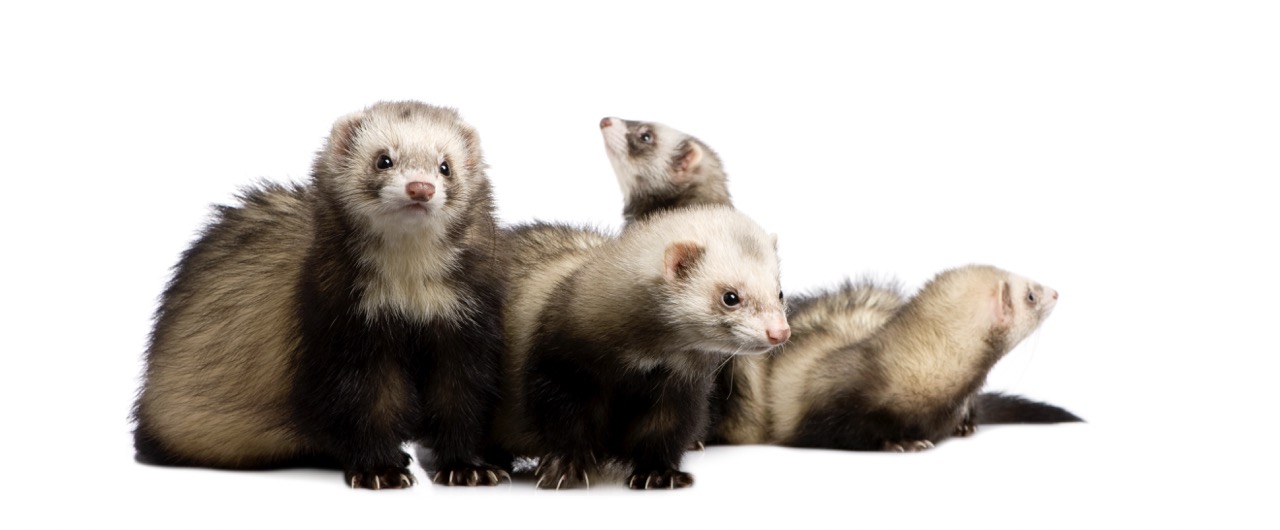Ferrets are fascinating creatures known for their playful demeanor, intelligence, and social nature. Understanding their behavioral development is crucial for owners, breeders, and enthusiasts alike to provide appropriate environments and care. This article will delve into the various aspects of ferret behavioral development, including genetic influences, key developmental stages, environmental factors, and the importance of social interactions. Each element plays a vital role in shaping the personality and behavior of these unique animals.
Understanding the Genetic Influences on Ferret Behavior
Genetics plays a pivotal role in determining the behavior of ferrets. Like many domesticated animals, ferrets have been selectively bred over generations, which has resulted in specific temperamental traits. For instance, certain lines may exhibit more playfulness or curiosity based on their lineage. Understanding the genetic predispositions of ferrets can help owners anticipate certain behavioral tendencies and tailor their care accordingly.
In addition to domestication, specific genes are linked to behaviors such as aggression, sociability, and fear responses. These genetic factors can manifest in various ways, influencing how a ferret interacts not only with humans but also with other ferrets and animals. For example, ferrets with a genetic inclination toward sociability may thrive in multi-pet households, while those with more aggressive tendencies might require careful management and socialization.
Research into ferret genetics is still ongoing, but what we know so far underscores the importance of genetic factors in behavioral development. By acknowledging these influences, breeders can make informed decisions to enhance the well-being of future generations, while pet owners can better understand their ferret’s unique personality traits and behavioral needs.
Key Stages of Ferret Behavioral Development Explained
The behavioral development of ferrets occurs through several key stages, beginning from birth. Neonatal ferrets, or kits, are born blind and deaf, relying entirely on their mother’s care. During this early stage, they are vulnerable and dependent, which establishes a foundation for trust and social bonding. This period is crucial for developing the kit’s future behavior, as their interactions with the mother and littermates shape their experiences and emotional responses.
As ferrets grow, they enter the juvenile stage, usually around 6 weeks to 6 months of age. This phase is characterized by increased curiosity and playfulness. Kits begin to explore their environment and engage in social play, which is essential for developing motor skills and social behaviors. During this stage, it is vital for ferrets to interact with their peers and experience diverse stimuli, as this exposure will influence their adaptability and confidence later in life.
Finally, the adult stage begins around 6 months of age, where ferrets typically exhibit settled behavior patterns. Adult ferrets may display their unique personalities, often reflecting their upbringing and social experiences. Understanding these stages provides insights into how to manage and nurture ferrets at different life stages, emphasizing the importance of a supportive and engaging environment throughout their development.
Environmental Factors Impacting Ferret Behavior Growth
The environment in which ferrets are raised significantly impacts their behavioral development. A stimulating environment rich in toys and exploration opportunities encourages natural instincts and promotes healthy behaviors. Ferrets are naturally inquisitive and active, so providing a space where they can climb, dig, and play is essential for their mental and physical well-being. Lack of stimulation can lead to boredom and behavioral issues, including aggression or excessive chewing.
Moreover, the living conditions of ferrets need to be safe and comfortable to reduce stress. Stressful environments can negatively impact ferret behavior, potentially leading to anxiety and fear-based responses. Factors such as noise, overcrowding, and lack of proper shelter can create an unsettling atmosphere for ferrets. Providing a quiet, clean, and secure space allows them to feel safe and enables healthy behavioral development.
Lastly, access to outdoor environments can also be beneficial for ferrets, as long as they are supervised and secure. Fresh air and varied terrain provide additional sensory experiences that contribute to their overall behavioral health. Therefore, recognizing and optimizing environmental factors is crucial for fostering well-adjusted and content ferrets.
Social Interactions and Their Role in Ferret Behavior
Social interactions play a critical role in the behavioral development of ferrets. Ferrets are inherently social animals, and their interactions with humans and other ferrets can influence their behavior and emotional health. Early socialization, particularly during the juvenile stage, is vital for developing positive behaviors and reducing the likelihood of fear or aggression later in life. Exposure to various social situations helps ferrets learn appropriate behaviors, such as bite inhibition and play etiquette.
The presence of other ferrets can also significantly affect individual behavior. Ferrets are known to engage in playful combat and social bonding activities, which are crucial for developing confidence and social skills. Neglecting to provide social opportunities can result in the stunting of these skills, leading to shy or excessively aggressive behaviors. Therefore, it is essential for ferret owners to facilitate playdates or ensure companionship to foster healthy social interactions.
Additionally, human interactions are equally important in shaping ferret behavior. Positive reinforcement through play, training, and bonding activities fosters trust and affection between the ferret and its owner. Regular interaction helps ferrets become well-adjusted to human presence, leading to less fear and anxiety in novel situations. Thus, nurturing both intra-species and inter-species socialization is crucial for developing stable and emotionally healthy ferrets.
Understanding the biology of ferret behavioral development is crucial for anyone involved with these charming creatures. Recognizing the genetic influences, key developmental stages, environmental factors, and the significance of social interactions can greatly enhance the lives of ferrets and their owners. By providing a supportive, stimulating, and engaging environment, we can help ensure that ferrets develop into well-rounded and happy companions. The insights discussed in this article serve as a guide for fostering a deeper connection with ferrets, ultimately promoting their well-being and enriching their lives.










